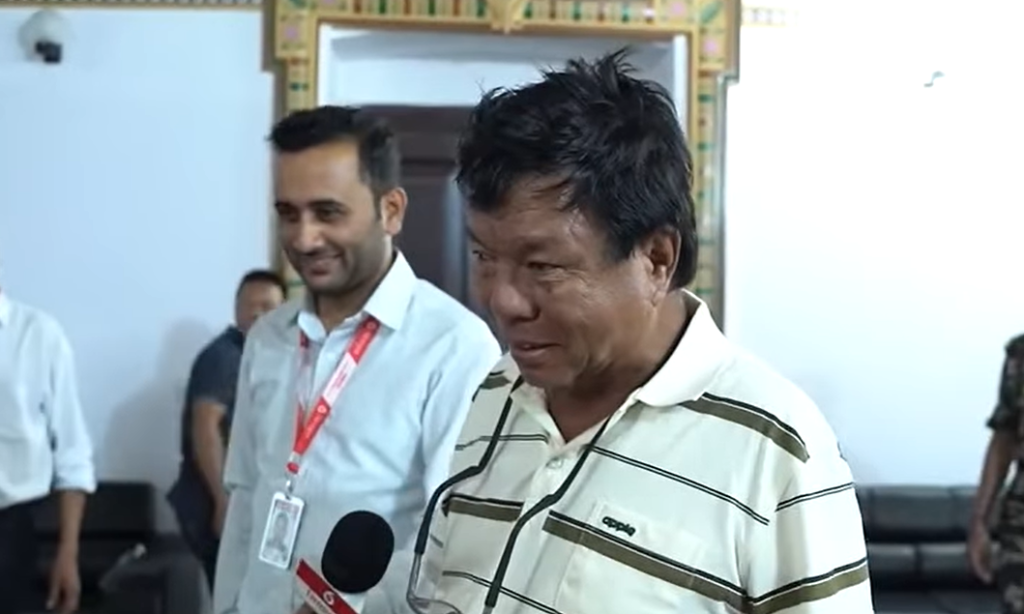
Education, Science, and Technology Minister Mahabir Pun has called for national unity, emphasizing that factionalism and internal power struggles have historically harmed Nepal rather than benefited it. Speaking in the context of the country’s current political and social climate, Pun highlighted past examples showing how internal divisions led to significant losses for the nation.
In a long message shared on social media, he appealed to Gen Z and all patriotic Nepalis to avoid factionalism for the sake of national sovereignty and development.
“Factionalism and internal power struggles do not serve the national interest; they only cause more harm. I urge all young Nepalis, especially Gen Z, to avoid factionalism and work together to protect the country’s sovereignty and development,” Pun wrote.
Historical Lessons on Factionalism
According to Minister Pun, Nepal has a long history of internal divisions and conflicts, from the ancient monarchy to modern democratic practice. He illustrated this with key historical examples:
- Girwaan Conflict During King Ranbahadur Shah’s Minority
The struggle over who would represent the minor King Ranbahadur Shah escalated over generations, reaching a peak during the reigns of Bikram and Rajendra Bikram Shah. As a result, Nepali citizens endured 104 years of autocratic Rana rule. - Rana Era Factionalism
During Prime Minister Bir Shamsher Rana’s tenure, Ranas divided themselves into classes A, B, and C, competing internally and undermining each other. These divisions weakened the regime and ultimately contributed to its overthrow by the 2007 BS People’s Revolution. - Democracy Without Effective Elections
After the declaration of democracy in 2007 BS, parliamentary elections were delayed until 2015 BS due to factional disputes among emerging political parties. This gave King Mahendra an opportunity to postpone elections and later establish the Panchayat system by dissolving the elected government. - Panchayat Era Factionalism (2017–2046 BS)
Even within the Panchayat system, multiple factions such as the Surya Bahadur Thapa Group, Lokendra Bahadur Chand Group, and Marichman Singh Group constantly undermined each other. Underground groups within the royal family also worked to sabotage King Birendra’s initiatives, weakening the system and paving the way for the 2046 BS people’s movement. - Post-2046 BS Political Fragmentation
Between 2046 BS and the start of the Gen Z movement in 2082 BS, extreme internal factionalism persisted within political parties. Pun noted that the resulting public anger over corruption and political infighting fueled popular support for the movement, which Gen Z helped initiate.
Minister Pun’s Message to Gen Z
Drawing lessons from history, Minister Pun urged the youth to prioritize unity:
“Gen Z represents a new generation of young citizens, without established political organizations. You aspire to bring good governance, eliminate corruption, and make Nepal prosperous. But I have observed that factionalism and internal disputes are creeping even among your ranks. For the survival and prosperity of our motherland, I humbly request that you do not repeat Nepal’s history of internal divisions.”











